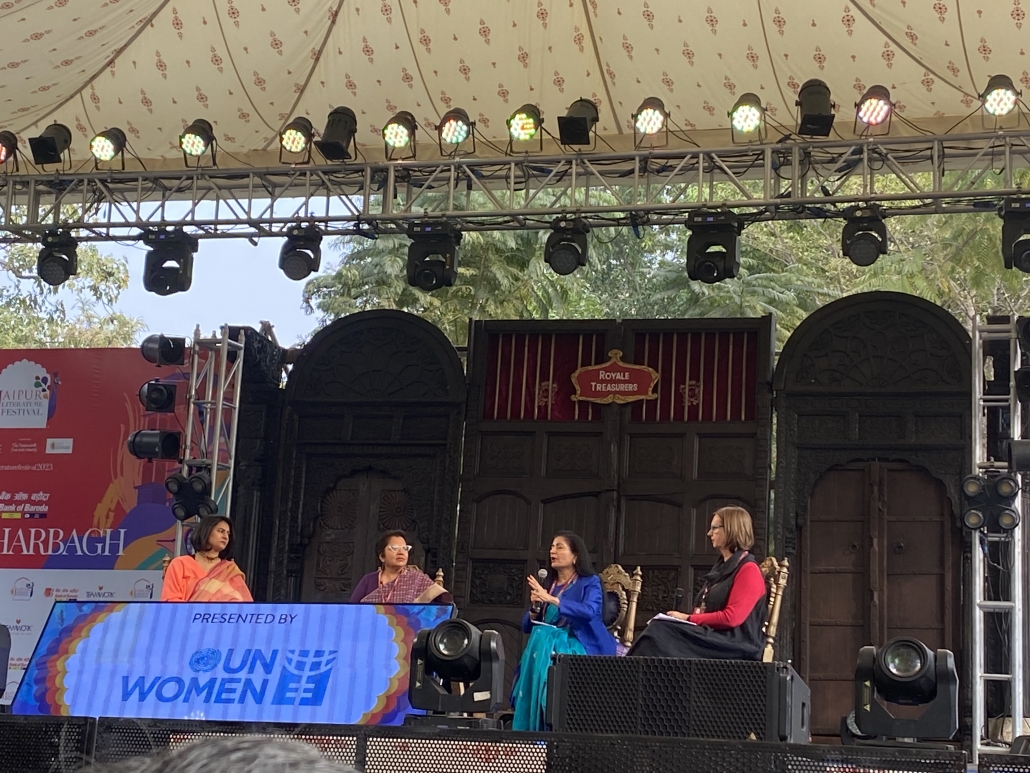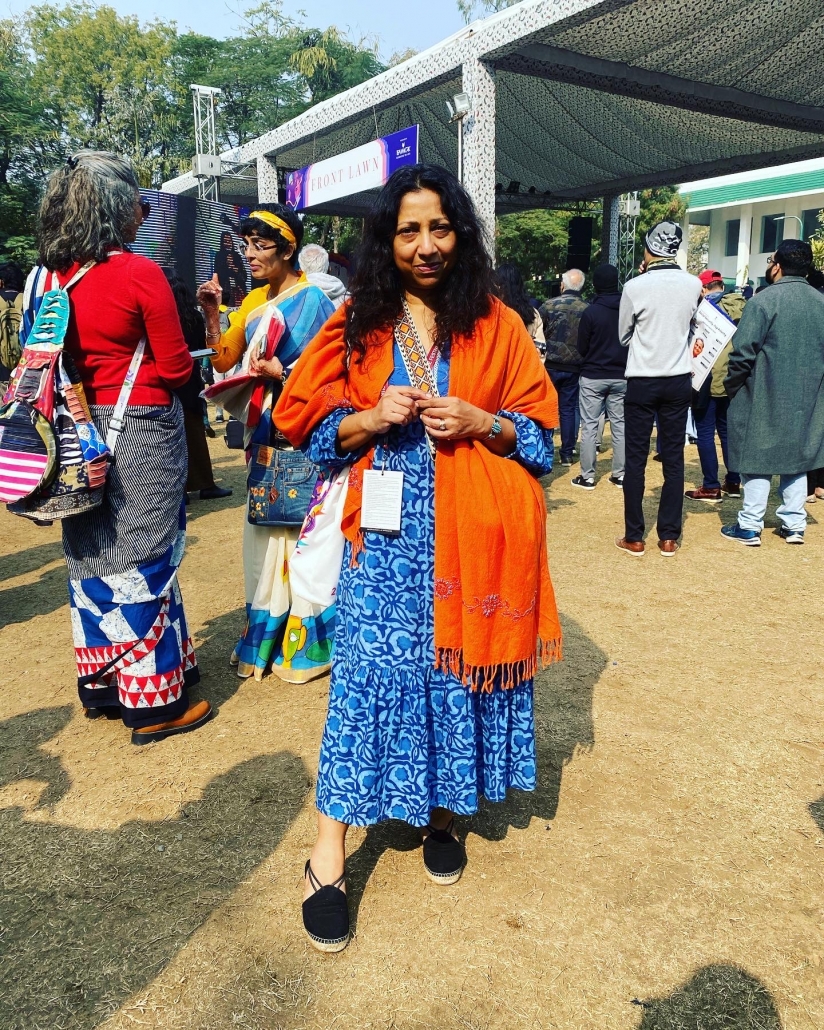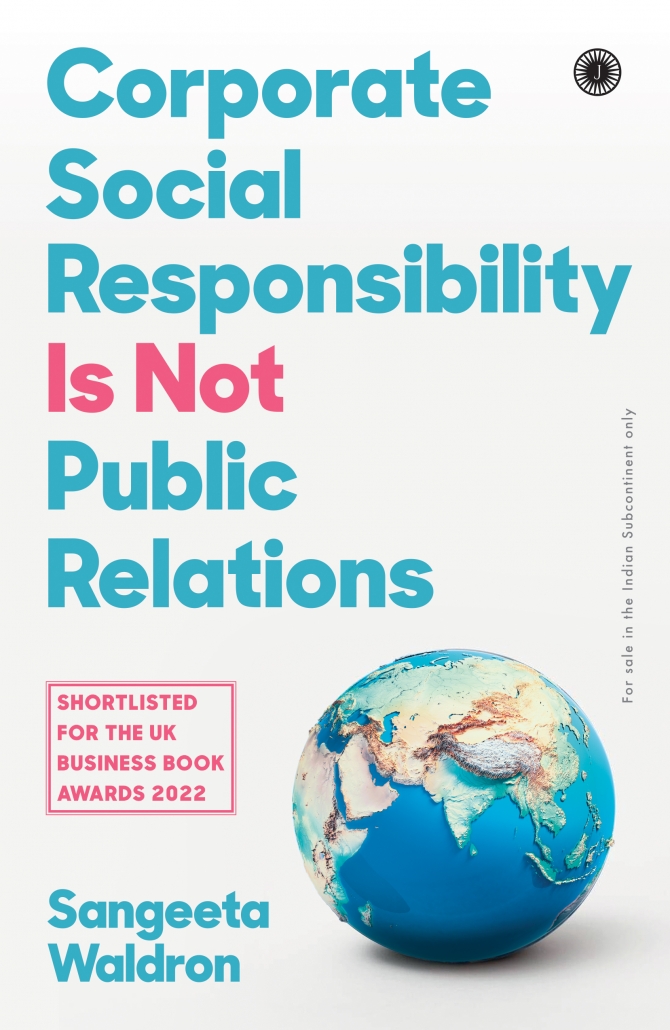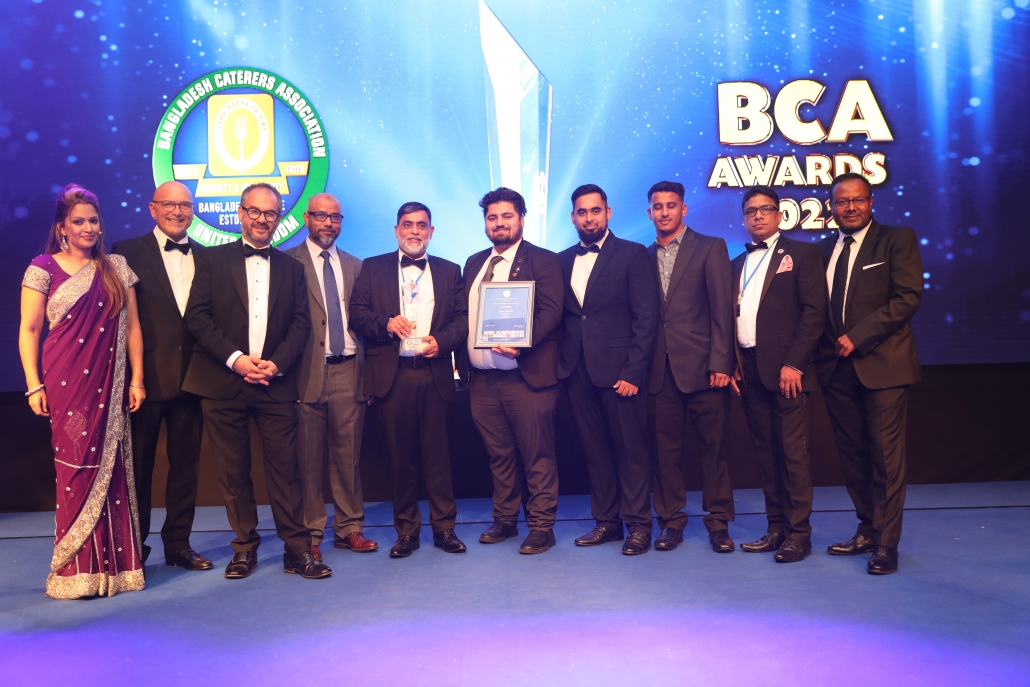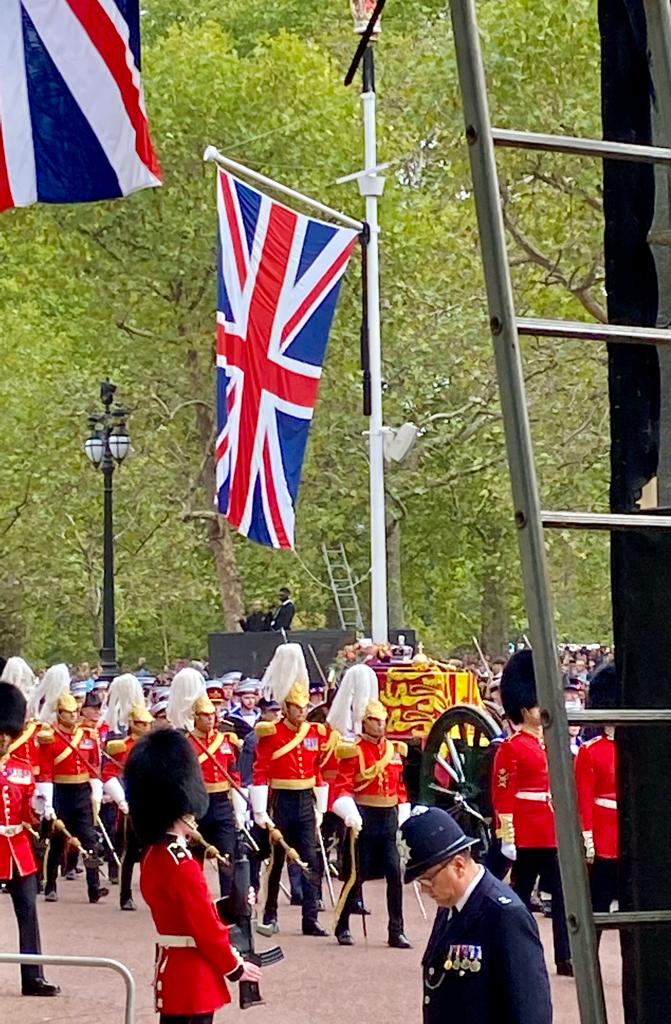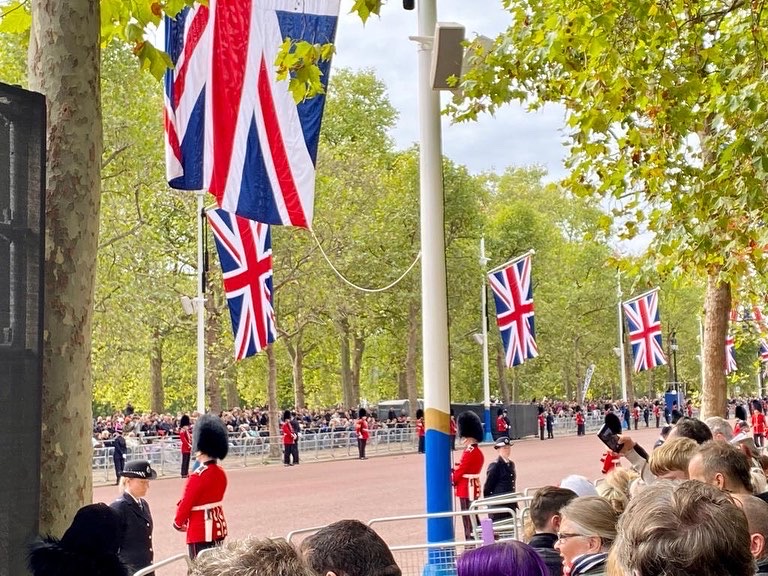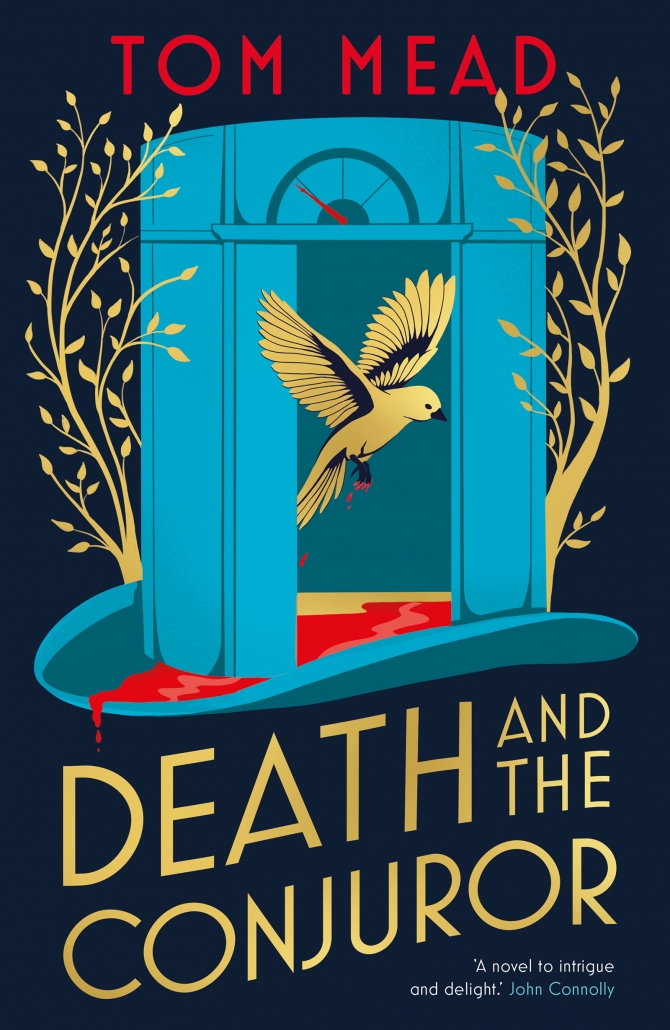
The crime genre is explosively popular and is why Death and the Conjuror a debut crime novel by author, Tom Mead has launched to great success in the US in March 2022. The book was published in the UK on 2 February 2023 by the publishing house, Head of Zeus. Mead is an exciting new British author, specializing in locked-room mysteries and has been lauded across the crime fiction genre, earning high praise from best-loved writers and publications, including New York Times bestselling authors. Mead and his book have been named a “Buzz Book” by Publishers Marketplace and selected as one of Publishers Weekly’s Mysteries of the Year 2022.
Mead’s book is a tribute to the classic golden age whodunnit when crime fiction was a battle of wits between writer and reader. Death and the Conjuror joins its macabre atmosphere, period detail, and vividly drawn characters with a meticulously constructed fair play puzzle. Its baffling plot promises to enthral readers of mystery icons such as Agatha Christie and John Dickson Carr, modern masters like Anthony Horowitz and Elly Griffiths, or anyone who appreciates a good mystery.
The success of Mead and his book can be attributed to the latest trend for “escapism” which has been fuelled by recent events from the global pandemic, the Russian invasion of Ukraine, and the cost of living. We all need to escape somewhere, and good books are providing the answer. Death and the Conjuror is leading the way on the cosy crime revival that’s been building for years.
Readers are also falling out of love with celebrity writers and want real authentic authors, who write because of their passion and burning imagination. Mead is a testament to this as his short fiction has appeared in Ellery Queen Mystery Magazine, Alfred Hitchcock Mystery Magazine, and numerous others. Most recently, his short story “Heatwave” was selected by Lee Child for inclusion in his Best Mystery Stories of the Year 2021.
Advance Praise – These are just some of the endorsements received to give a snapshot of the respect Mead has earned. There are too many to include:
“Death and the Conjuror is an engrossing tale of murder and magicians, and a revealing exploration of the ever-popular locked-room mystery. Mead’s debut is a novel to intrigue and delight.”
John Connolly, New York Times bestseller of The Nameless Ones and 18 additional titles in the Charlie Parker series
“Tom Mead has created an intriguing set of puzzles on par with John Dickson Carr in Death and the Conjuror. A true delight for mystery lovers!”
Charles Todd, New York Times bestseller of A Game of Fear and 23 additional titles in the Inspector Rutledge series
“With a deviously intricate locked-room plot, Death and the Conjuror unfolds as both an elegant tribute and a cunning update of the classic ‘impossible crime’ story. Somewhere, the great John Dickson Carr is smiling.”
Daniel Stashower, two-time Edgar-winner, and author of the Harry Houdini mysteries
“A real treat for mystery fans”
Ragnar Jonasson, bestselling author of the Dark Iceland series
An intricate, elegantly written ‘impossible’ crime that completely fooled me. Tom Mead is already a master of the art of misdirection.”
Peter Lovesey, international bestseller, CWA Diamond Dagger Award winner and MWA Grandmaster
“Both a splendid homage to the Golden age of impossible crimes and its great exponent John Dickson Carr and a witty reconstruction of the classic locked room mystery with tongue in cheek bravado and a gallery of attendant, endearing characters, Tom Mead’s debut is a sheer delight.”
Maxim Jakubowski, author, editor and CWA chairman
“An ingenious locked room mystery. This is a fiendishly clever puzzle wrapped in a beautiful, dark atmospheric story. Utterly captivating!”
Victoria Dowd, author of The Smart Woman’s Guide to Murder
“More red herrings than a North Sea trawler, suspects galore, a dearth of clues, a locked room, and no weapon. A classic ‘who?’ and ‘how?'”
Adrian Magson, author of the Inspector Lucas Rocco series
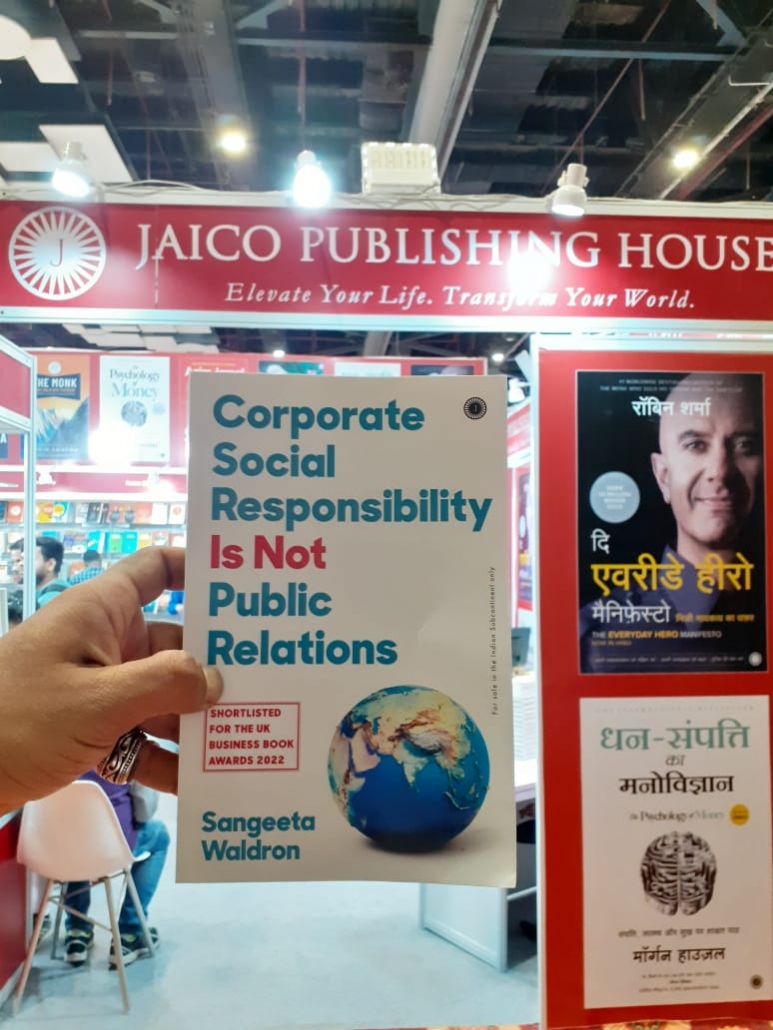

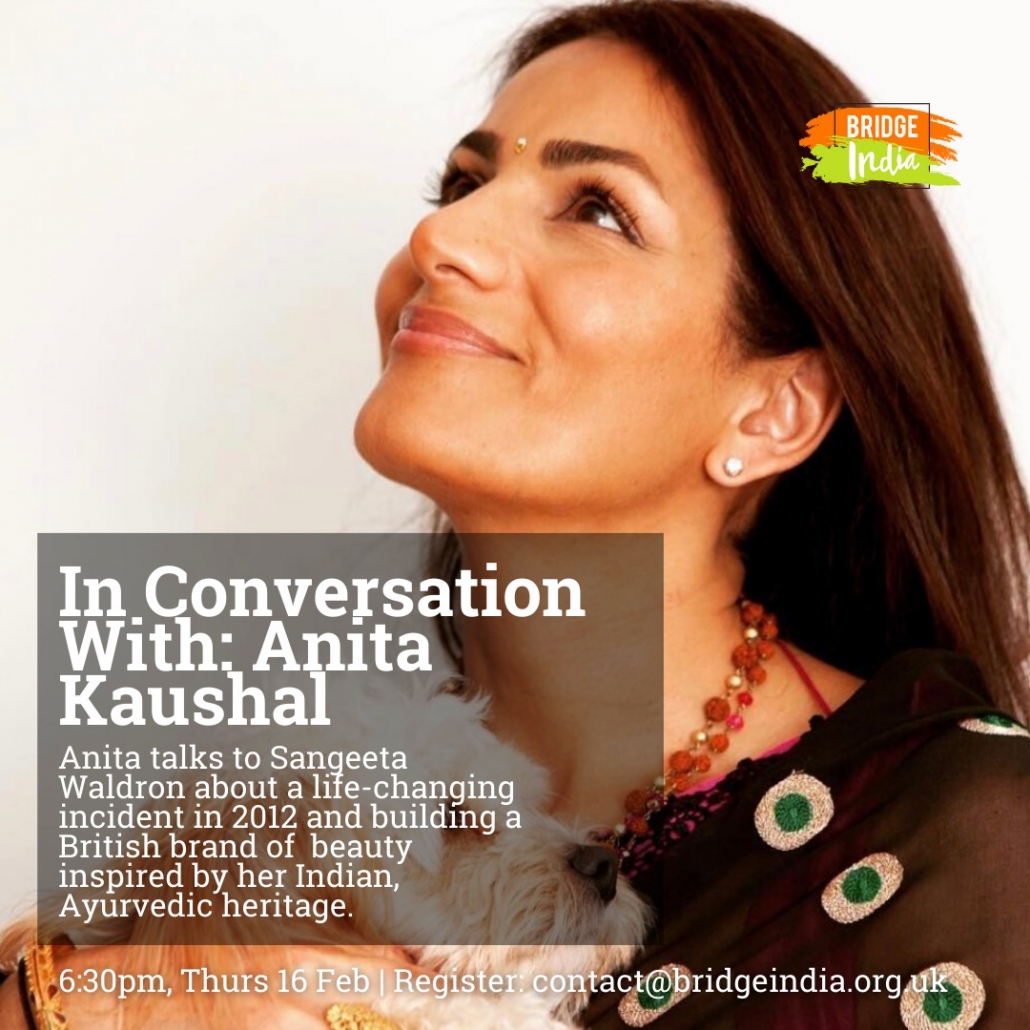

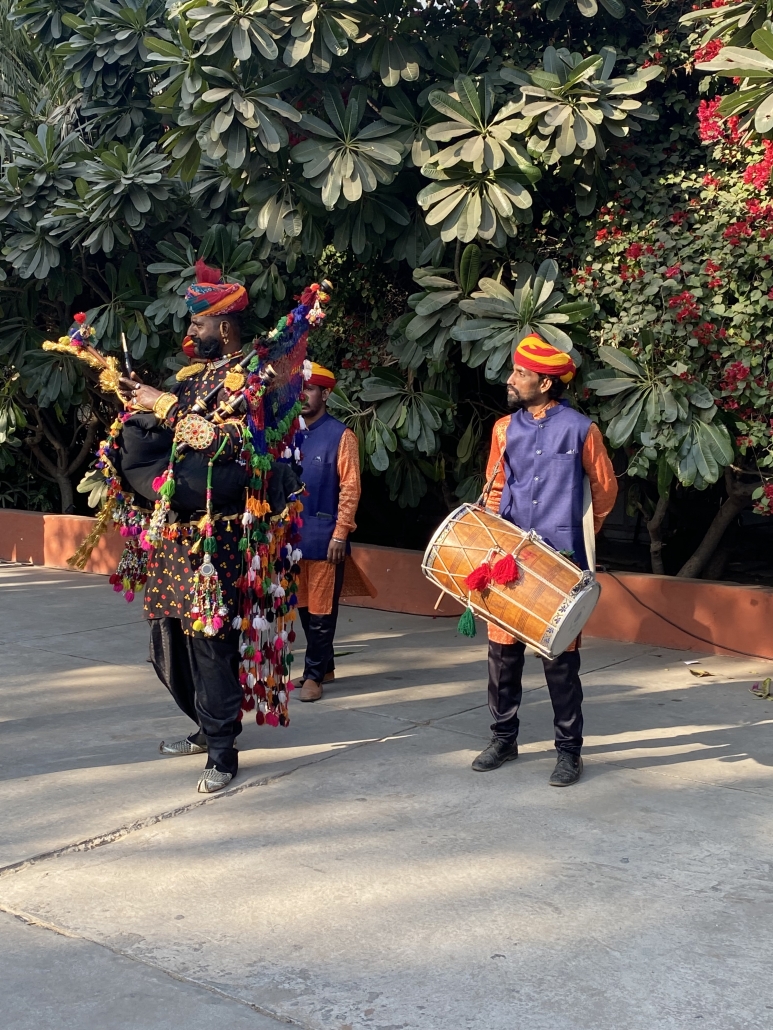
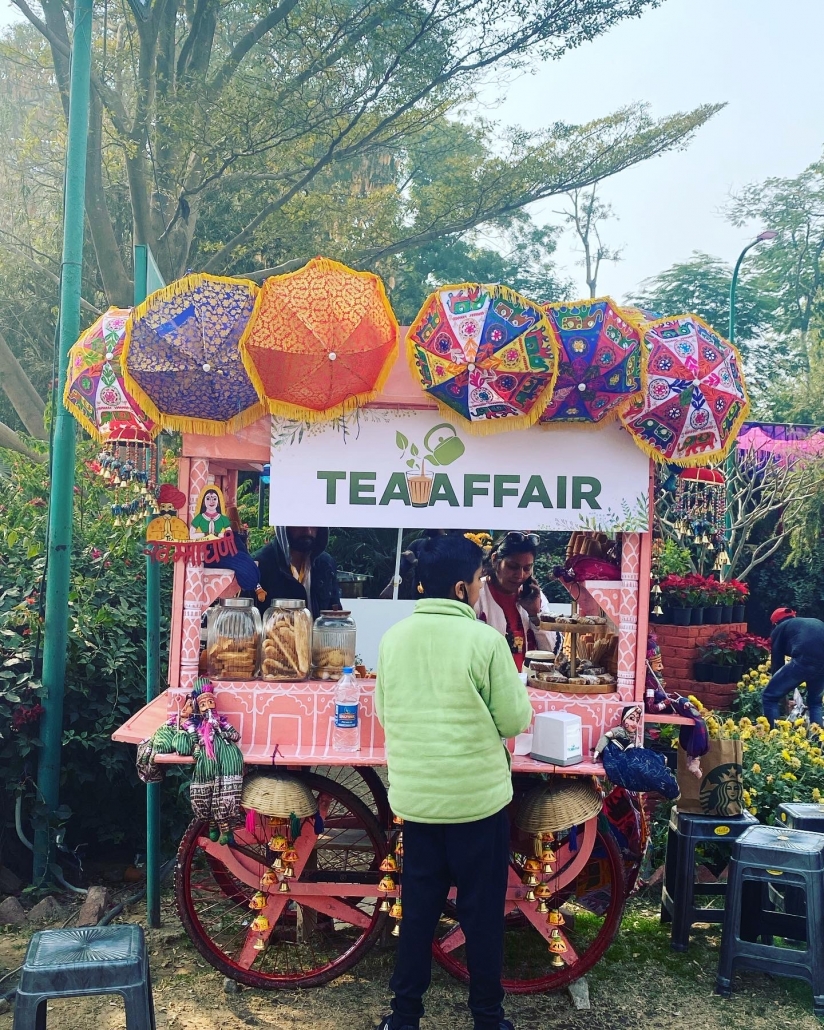
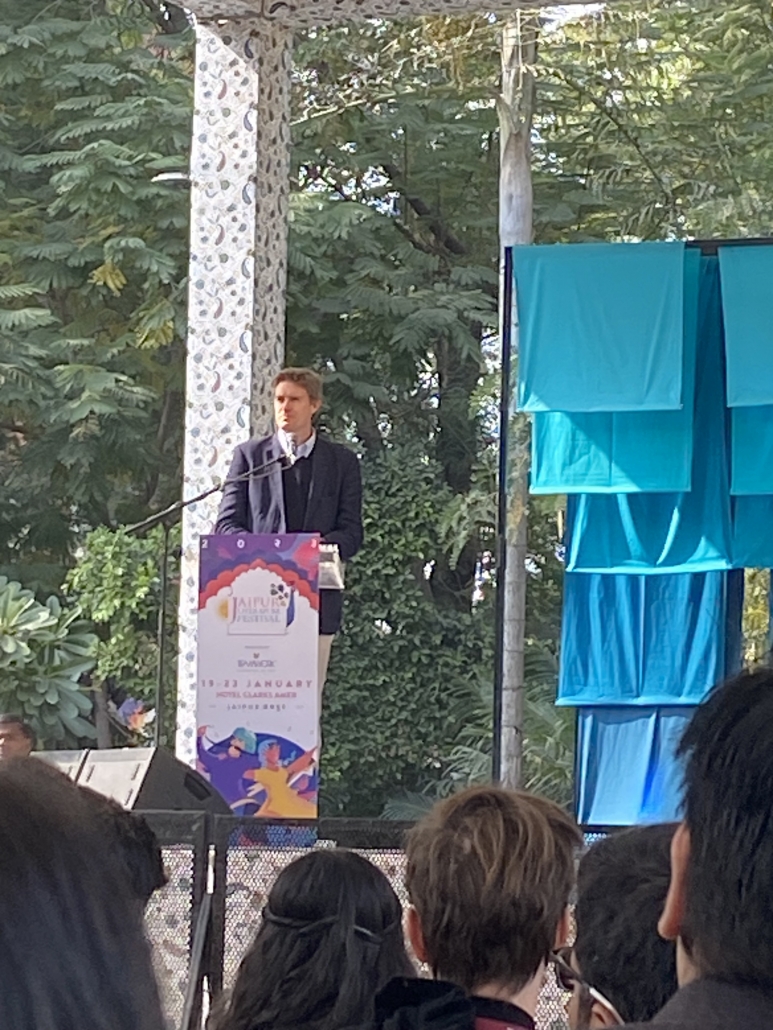 Be prepared to learn while you are at the Festival…it’s like being on a crash University course. Your brain is kept busy as you listen to authors. I learnt about the writings of the royal Indian courts and Mughals; about wellness and Ayurveda; Russia; Wedgewood poetry; the Himalayas; climate change and sustainability; cell systems; nurturing democracy and so much more. My list is endless.
Be prepared to learn while you are at the Festival…it’s like being on a crash University course. Your brain is kept busy as you listen to authors. I learnt about the writings of the royal Indian courts and Mughals; about wellness and Ayurveda; Russia; Wedgewood poetry; the Himalayas; climate change and sustainability; cell systems; nurturing democracy and so much more. My list is endless.